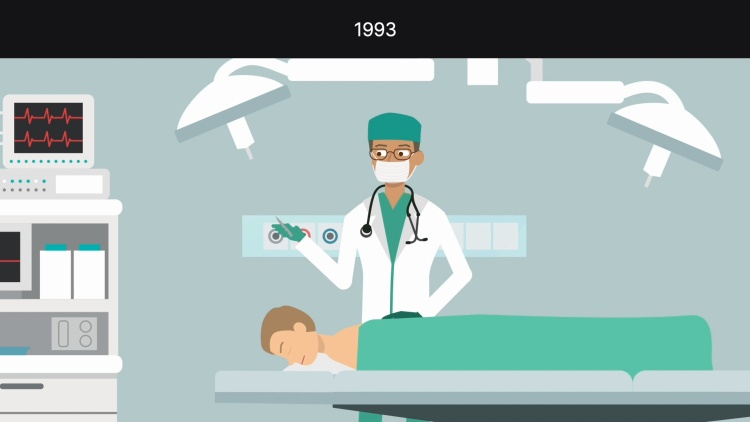Carter v. Hucks-Folliss
North Carolina Court of Appeals
131 N.C.App. 145, 505 S.E.2d 177 (1998)
- Written by Craig Conway, LLM
Facts
In 1975, neurosurgeon Dr. Anthony Hucks-Folliss (defendant) was granted staff privileges to perform surgical procedures at Moore Regional Hospital (defendant). Every two years, Moore Regional renewed Hucks-Folliss’ privileges after a review process. However, Hucks-Folliss was not board certified by the American Board of Neurological Surgery because he had failed the required certification exam on three different occasions. The Joint Commission on Accreditation of Healthcare Organizations (JCAHO) accredits hospitals and issues standards for them to follow when credentialing physicians for hospital privileges. In 1992, the JCAHO considered board certification as an “excellent benchmark” to be considered when hospitals re-credentialed physicians. On his application to renew his surgical privileges in 1992, Hucks-Folliss stated that he was not board certified. Moore Regional was aware of this and did not consider the lack of certification an issue in the re-credentialing of active staff physicians. In August 1993, Hucks-Folliss performed neck surgery on Tommy Carter (plaintiff) that resulted in Carter sustaining serious and permanent injuries including quadraparesis (limited use of both arms and legs). Carter brought suit against Hucks-Folliss and Moore Regional Hospital, alleging that the hospital was negligent in granting the doctor staff privileges to perform surgery, failed to ascertain whether Hucks-Folliss was qualified to perform neurological surgery, and failed to enforce the credentialing requirements set by the JCAHO. The trial court granted Moore Regional Hospital’s motion for summary judgment. Carter appealed.
Rule of Law
Issue
Holding and Reasoning (Greene, J.)
What to do next…
Here's why 899,000 law students have relied on our case briefs:
- Written by law professors and practitioners, not other law students. 47,000 briefs, keyed to 994 casebooks. Top-notch customer support.
- The right amount of information, includes the facts, issues, rule of law, holding and reasoning, and any concurrences and dissents.
- Access in your classes, works on your mobile and tablet. Massive library of related video lessons and high quality multiple-choice questions.
- Easy to use, uniform format for every case brief. Written in plain English, not in legalese. Our briefs summarize and simplify; they don’t just repeat the court’s language.






